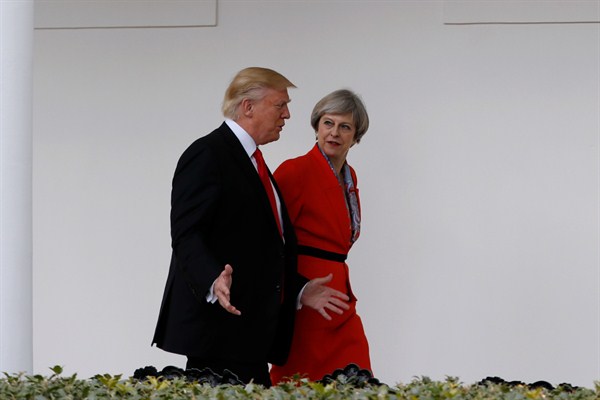It is hard to believe the degree of shock most of us felt this time last year at the outcome of the Brexit referendum, given everything that has transpired since then.
The resentment many Britons felt toward the European Union was no secret, nor was the fact that London’s relationship to Brussels had historically been lukewarm at best. But for all its flaws, the EU was a known commodity. Brexit, in contrast, represented a deep tangle of unknowns, both economic and political, with most of the debate being over the extent of the damage and devastation it would wreak on the British economy. Most observers—and pollsters—expected that British voters, in weighing the reassurance and security offered by a familiar if imperfect arrangement against the menacing threat of disorder, would “come to their senses” before it was too late.
That they didn’t, or that they instead cast their ballots based on more than just economic cost-benefit analysis, upended the assumptions upon which the post-Cold War order in Europe had been established, with implications for the world. What followed was a breathless period of speculation and high anxiety among close observers of international affairs that seems innocent and naïve in retrospect.

